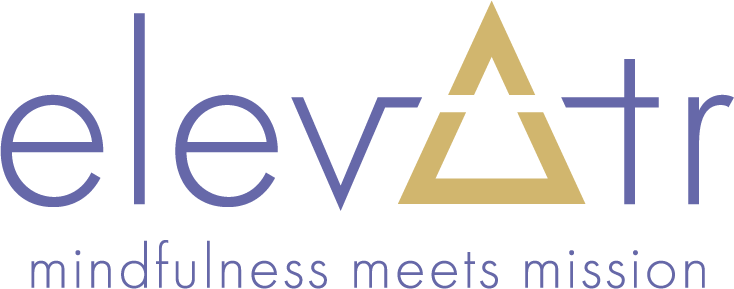Energy management is a real issue for all of us—one that can have profound effects on the way we live and lead.
A colleague of mine who runs a mental health nonprofit once shared a concept called “spoons theory.” That is, we all start the day with 100 spoons full of energy. How we use them is completely unique. A few years ago, this colleague lost her son to suicide, and she confided that some days she needs 70 spoons just to get out of bed.

The Ebbs and Flows of Energy
When the book The Power of Full Engagement by Jim Loehr and Tony Schwartz first hit the leadership scene in the early 2000s, it offered a new way of thinking about peak performance—one that depended on energy management as opposed to time management. Coming from a lens of sports psychology, it focused on an individual holistically by incorporating strategies for physical, mental, emotional, and spiritual well-being.
Similar to spoons theory, the core tenet of this model is that we have finite amounts of energy to use every day before we become exhausted. When you are in a state of well-being, it means you are using your energy wisely, spending it on activities, situations, people, and causes that bring you satisfaction, meaning, and good health. But how do we get there?
Of course, our energy ebbs and flows based on lots of things. And we don’t just have two levels—balls to the wall or nothing at all. Elite athletes have an intimate understanding of how to manage the energy they have in just about any situation.
Take Tour de France cyclists, who use a variety of energy management techniques to survive this brutal 2,200-mile, 20-day race. They know how to use the gears on their bikes to gain maximum power with less effort. They find a cadence that keeps them going strong without blowing up. They understand concepts like drafting, the act of riding behind another cyclist to reduce wind resistance and increase speed. They also understand the importance of four universal energy management habits.
The Fab Four Energizers
Well-being—whether it is physical, mental, emotional, or spiritual—starts with behaviors that promote good health. Decades of research has shown that these four elements are key—and are effective for everyone.
- Eating – consuming a balanced diet that includes plenty of whole grains, vegetables and fruit, while limiting saturated fats, sugar, salt, and alcohol.
- Moving – exercising most days of the week with a combination of aerobic, strength, and flexibility activities.
- Resting – getting enough sleep, relaxation, and recovery.
- Connecting – getting out into nature, nurturing relationships, and being a part of something bigger than yourself through meditation, faith, or a sense of purpose.
When we talk about leveling up our effectiveness in our lives and our work, this is where it starts. No productivity hack or energy drink is going to do for you what these four things can do.
The good news is that building a new habit in even one of these areas can make a big difference. This is important to remember before we fall into the trap of huge aspirations that arise this time of year.
The worst thing we can do is try to do everything perfectly, all at once, all the time. Over-reaching is at the core of why our well-being goals often fail. Instead, focus and prioritization are key.
As you begin this new year, pick one energy management habit that will make the biggest difference in your life—one that you can sustain even on your worst days. Walk 15 minutes three times a week. Cut out alcohol two days a week. Think about something you’re grateful for each morning when you first set your feet on the floor. Write one thank-you note a week to a friend, team member, or mentor.
As James Clear says in his book Atomic Habits, the little things lead to the big things when we do them consistently. I’d love to hear what habit you’re going to commit to that will boost your energy this year.
And if you’re in the Baltimore area this month, I hope you’ll join me for a deep dive into Building Professional Well-Being on January 25 from 9 a.m. to 3 p.m. We’ll explore the mindset and tools managers need to integrate personal well-being in their own leadership habits and, in turn, translate these strategies into the culture of their organizations.
